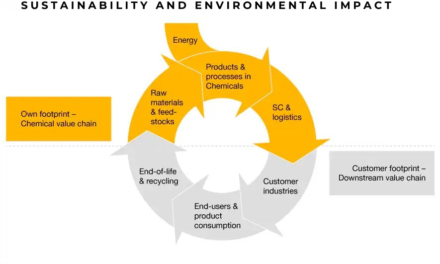Emerging trends in green chemistry for pharmaceuticals focus on sustainability, efficiency, and minimizing environmental impact throughout drug development and manufacturing. Here are the key trends:
1. Biocatalysis
- Use of Enzymes: Enzymes and microorganisms are employed as biocatalysts for specific and efficient chemical transformations, reducing waste and energy consumption.
2. Continuous Flow Chemistry
- Efficient Processes: Continuous manufacturing replaces batch processes, improving reaction control, reducing waste, and enabling scalable production with less environmental impact.
3. Solvent Replacement
- Green Solvents: Adoption of non-toxic, biodegradable solvents like water, supercritical CO₂, and ionic liquids instead of hazardous organic solvents.
- Solvent-Free Reactions: Eliminating solvents altogether in certain reactions to reduce waste.
4. Atom Economy
- Reaction Optimization: Designing synthetic routes to maximize the incorporation of all reactants into the final product, minimizing byproducts.
5. Renewable Feedstocks
- Bio-Based Raw Materials: Using renewable resources like biomass, agricultural residues, and CO₂ as starting materials for drug synthesis.
6. Waste Reduction Strategies
- Process Intensification: Integrating multiple reaction steps into a single process to reduce intermediates and waste generation.
- Byproduct Utilization: Converting byproducts into useful secondary materials rather than discarding them.
7. Green Catalysts
- Reusable Catalysts: Developing catalysts that can be recovered and reused to minimize waste.
- Metal-Free Catalysis: Replacing toxic metal catalysts with safer alternatives.
8. Energy Efficiency
- Microwave and Ultrasonic-Assisted Reactions: Using alternative energy sources to reduce reaction times and energy requirements.
- Cold Manufacturing: Conducting reactions at ambient or lower temperatures to save energy.
9. Life Cycle Assessments (LCA)
- Evaluating the environmental footprint of pharmaceuticals from raw material sourcing to end-of-life disposal, enabling eco-friendly decision-making.
10. Sustainable API Production
- Eco-friendly API Processes: Developing greener routes to synthesize Active Pharmaceutical Ingredients (APIs) with fewer steps and lower environmental impact.










